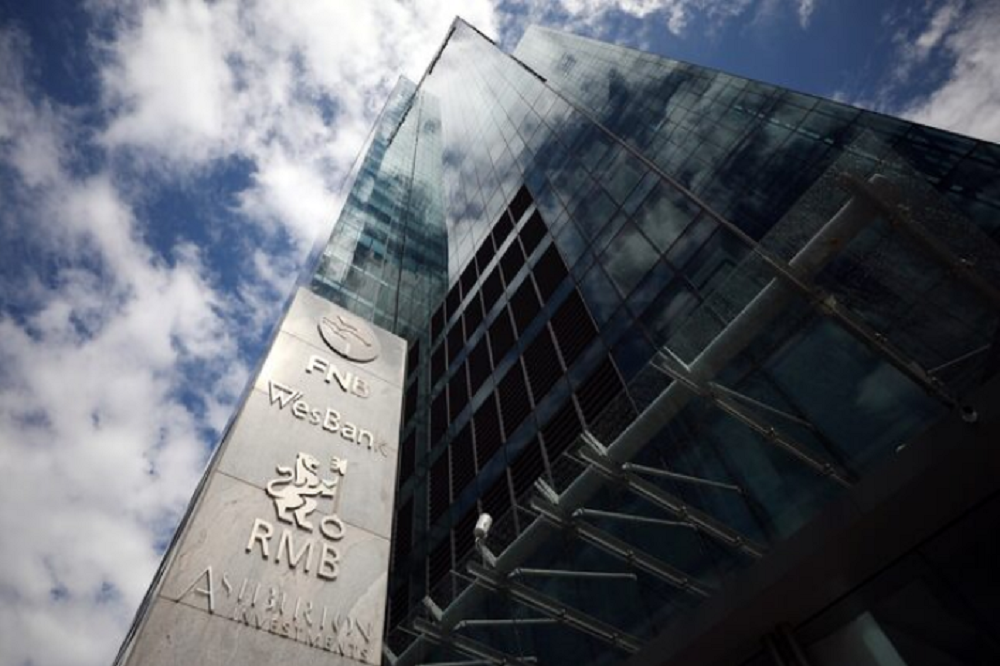SA keeps 4th spot in RMB’s Africa investment ranking – SABC News


The RMB Where to Invest in Africa Index ranks South Africa at number four, the position it also held last year.
The report says South Africa maintains this position as a crucial hub with a robust financial sector.
Seychelles was ranked number one for a stable environment and high human development, followed by Mauritius in second position and Egypt in third.
The RMB Where to Invest in Africa 2025/26 report analyzes 31 African nations.
These countries collectively account for approximately 90% of the continent’s GDP and 83% of its population.
The report, themed “From aid to investment and trade,” suggests African nations are moving from a position of dependence toward resilience and self-determination, driven by internal reforms and a redirection of global capital flows.
The report shows the investment climate in Africa over the past year has been significantly influenced by global and local volatility.
African economies are increasingly prioritizing sustainable development, regional collaboration and private-sector participation as key drivers for long-term growth.
“The biggest driver, why we haven’t seen much of a change, is our economic growth for us to remain quite modest, despite the institutional framework that is much stronger compared to other countries. Why are we not at the top two or better than where we are? The social and human development pillar is where South Africa underperforms much of the region. High unemployment rates, high inequality, low levels of skills development, all of those that drag South Africa’s strength. But it is stable in government in the last year,” says Professor at GIBS, Adrian Saville.
South Africa maintains its fourth position on the rankings, dragged by weak economic growth forecast and socio-economic challenges, but speakers say the country is in a better place than it was a year ago.
RMB Chief Economist, Isaah Mhlanga, “The ranking is the same relative to last year at number four but if you look at the incoming data, of course we were removed out of the greylisting last Friday, which would not have been reflected in the report but of course we do allude to the possibility of being removed and that comes on the back of significant reforms we are seeing from an energy perspective. We have seen significant reforms, but we are also seeing the beginning of reforming the logistics and transport sector which should start to attract investment going forward, those have not yet shown up in economic statistics and forecasts for the report,” says Mhlanga.
Delegates heard that the main barriers the continent still battles in terms of the implementation of the Africa Continental Free Trade Area are the infrastructure deficit in terms of road, rail and ports, the fragmented financial system, the political and regulatory uncertainty as well as the limited industrial capacity.
